North Korea makes new nuclear test
Criticized harshly by the international community, North Koreas nuclear program has worried the international community.

România Internațional, 15.01.2016, 13:12
North Koreas claims that it tested a hydrogen bomb, a massively powerful thermonuclear device that would mark a major advance in Pyongyangs weapons ability, has been met with both skepticism and resentment by the rest of the world. Nuclear experts and South Korean military cited by Washington Post say the dimension of the explosion indicates more of an atomic bomb test rather than a hydrogen bomb test. According to nuclear scientist Siegfried Hecker, hydrogen bomb or not, the North Korean test is truly worrying. My greatest concern is not so much whether or not they actually tested a hydrogen bomb, but rather that they tested at all, Siegfried Hecker said in an interview published in the Bulletin of the Atomic Scientists. In Bucharest, Vasile Somoghin, a former head of the Institute for Defense Chemical, Bacteriological, Radiological and Nuclear Institute, explains:
“The hydrogen bomb is part of the nuclear weapon category. There are two types of nuclear weapons. One type is the A-bomb or the fission bomb based on a sudden release of energy produced by splitting the nuclei of the fissile elements, that is uranium and plutonium making up the bomb’s core. Then there is the thermonuclear bomb or the hydrogen bomb, which produces most of its energy from fusion reactions between isotopes of hydrogen – deuterium and tritium. The difference between these two types of bombs consists in both the mechanism that produces the energy and also in the quantity of energy produced. In the case of hydrogen bombs, the energy produced is about three degrees more powerful than classic nuclear weapons, that is A-type bombs, so at least 1,000 times more powerful.
The center for geological survey in the US and the National Center for Earthquakes in China, however, detected, at the moment of the test, a tremor registering 5.1 on the Richter scale. Crispin Rovere, a nuclear policy expert from Australia, said that, at first sight, it looks like a nuclear test was run, but that they did not manage to achieve the second stage, a hydrogen blast. Bruce Bennet, an analyst with the Rand Corporation, said that, had the bomb been a real hydrogen bomb, the quake would have been at least a 7-degree one. In his opinion, the blast corresponds to a device of 10 to 15 kilotons, of the kind launched against Hiroshima in 1945. This is the fourth North Korean nuclear test. The first two, in 2006 and 2009, involved plutonium devices while the third, in 2013, seemed to involve uranium, but which has not been confirmed. Could this be propaganda?
“Considering that we are talking about North Korea, propaganda is clearly one of the most powerful weapons they use. It is possible this was a regular nuclear experiment, or an unsuccessful thermonuclear bomb. In any case, the fact that for some time now North Korea has been having at its disposal fission nuclear bombs is already a great danger. If these bombs can be delivered on target will very much depend on the development of ballistic systems that Pyongyang possesses.From what I have known, they have ballistic missiles that can easily reach South Korea and Japan, at distances of hundreds, maybe thousands of kilometers. I dont know whether they continued to develop them or what their payload is. What I know is that they have become quite dangerous.
According to news agencies, Pyongyang has developed a nuclear weapon program in spite of rampant poverty and international sanctions counting only on their own technology and free workforce.
According to the South-Korean government, the cost of North Koreas nuclear program has been estimated at around 1.1 billion to 3.2 billion dollars. It is impossible to give an accurate figure, given the secrecy around Pyongyangs nuclear program. The big nuclear powers have condemned the North-Korean experiment, including Pyongyangs traditional ally, China, which insistently called on North Korea to stick to its denuclearization commitment. In its turn, Russia has denounced a clear violation of international law, while the US has promised an adequate answer to Pyong Yangs provocations. In its turn, Israel has denounced the North Korean nuclear test, also voicing concern that Iran might take its example. In Bucharest, the Romanian Foreign Affairs Ministry has said the nuclear tests North Korean authorities have carried out infringed on the UN Security Council resolutions and are a threat to peace and security in the region.
(Translated by C. Cotoiu, E. Enache and E. Nasta)






























